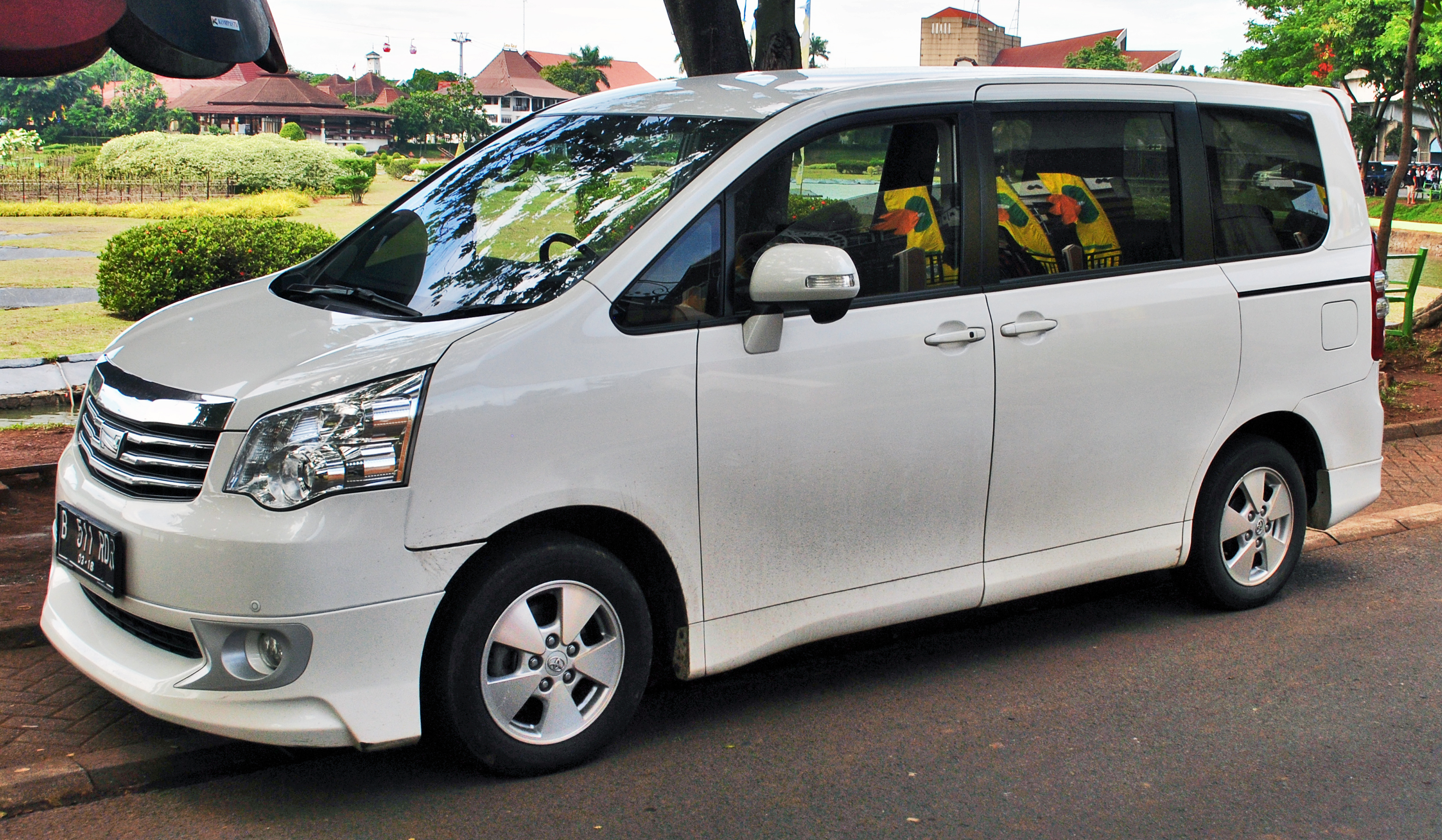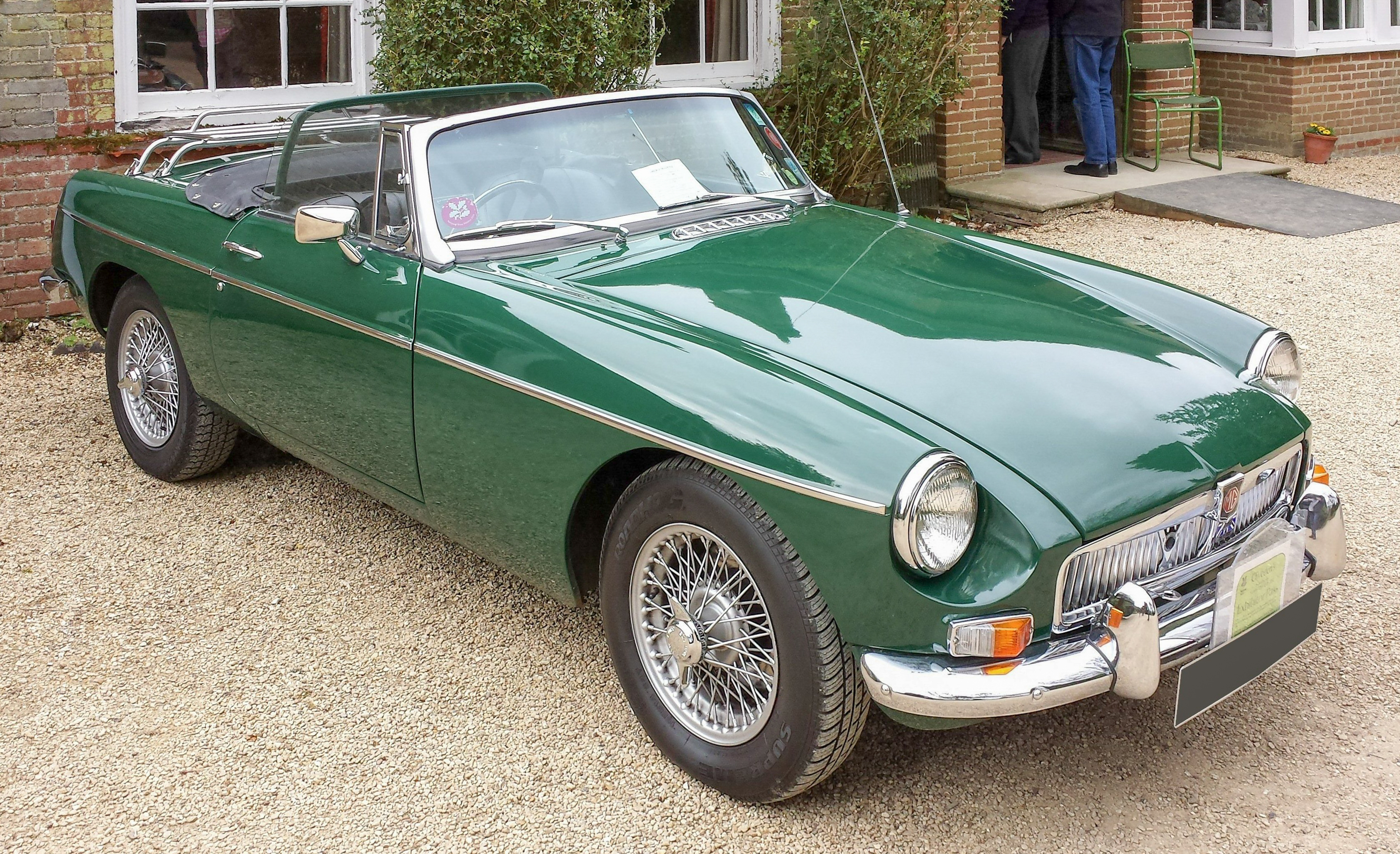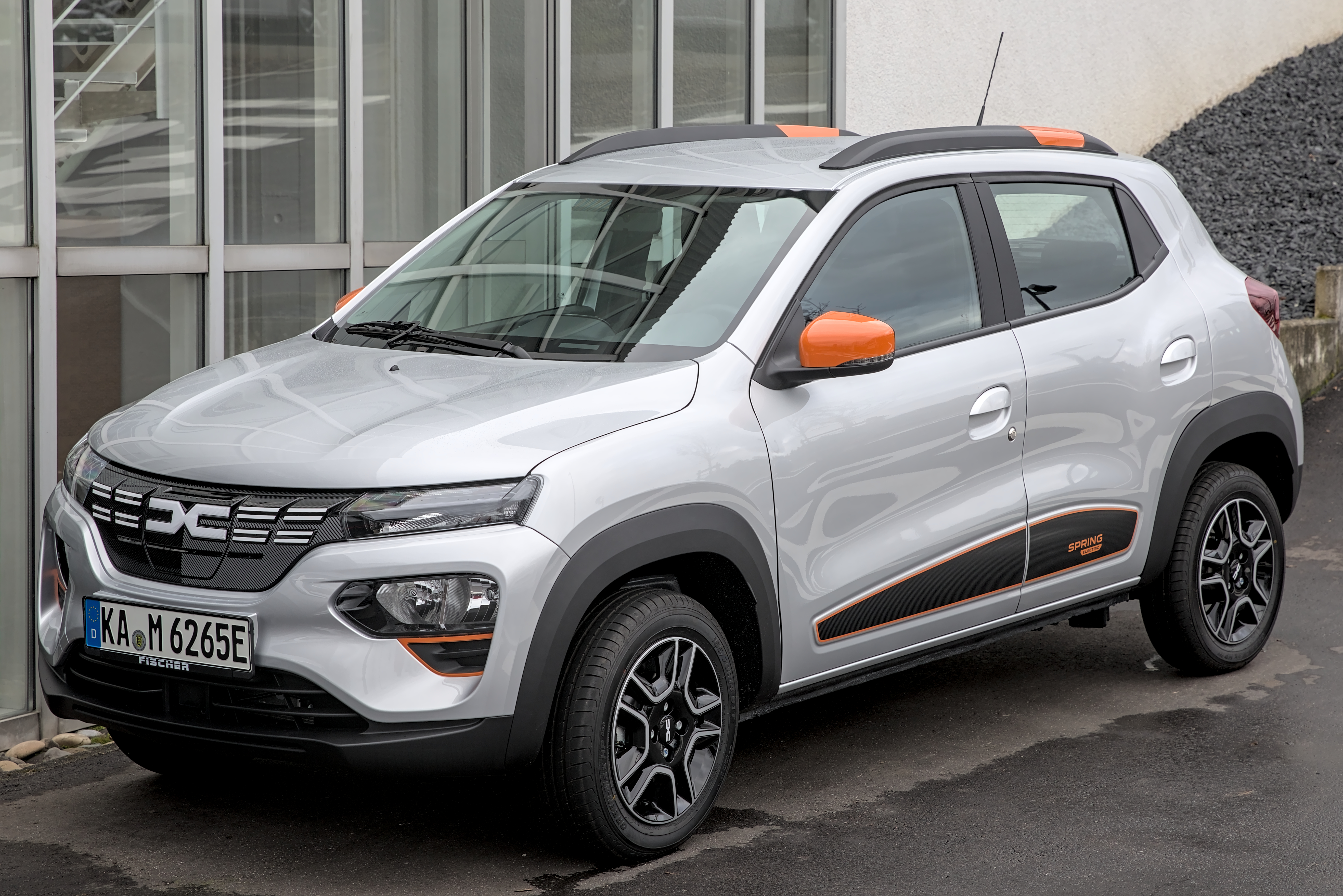Toyota is facing a shutdown for unexpected reasons: in Japan, 10 production lines were affected

Toyota, one of the world’s largest automotive manufacturers, is currently grappling with a significant production shutdown that has now impacted ten vehicle assembly lines across six of its plants in Japan. This disruption stems from a critical component shortage caused by an explosion at a key supplier’s facility, which has sent shockwaves through the automotive industry.
The explosion occurred at a factory owned by Chuo Spring, a supplier of essential components, particularly suspension system springs. This incident, which took place within the factory’s steel cooling section, resulted in injuries to two workers and has prompted an ongoing investigation to determine the cause of the accident. With a total of 14 assembly plants in Japan, Toyota is facing challenges in procuring vital components for popular models such as the RAV4 and the rugged Land Cruiser SUVs.
The repercussions of this disruption extend beyond immediate production setbacks. Toyota, known for its lean and efficient production methods, is currently unable to ascertain when operations will resume. The automaker is now tasked with identifying alternative sources for these critical components, a challenge made more complex by the industry’s reliance on single sourcing and the just-in-time production model.

This situation is reminiscent of a previous disruption in late August, when Toyota’s production came to a standstill due to a sudden system failure, impacting one-third of global output. That incident exposed vulnerabilities in the supply chain and highlighted recovery challenges. At that time, Toyota had to halt production at all 14 of its assembly plants in Japan, creating significant ripples in the global automotive market.

In addition to these challenges, Toyota faced a one-day shutdown last year due to a supplier’s cyberattack, which disrupted crucial part orders. Fortunately, the company managed to resume operations using a backup network. Looking ahead, industry analysts are exploring creative solutions, such as implementing extended shifts, to compensate for the lost production during this latest unexpected outage.
The current production halt underscores the fragile nature of modern automotive supply chains. Cost-effective and efficient practices have, at times, left manufacturers with minimal stockpiles to buffer against unforeseen disruptions. Toyota’s experience serves as a stark reminder of the importance of diversifying supplier networks and reinforcing supply chain resilience. As the situation unfolds, industry stakeholders will closely monitor Toyota’s efforts to secure alternative component supplies and restore production operations.

In June 2024, Japanese transport ministry officials initiated an on-site investigation at Toyota Motor’s headquarters after discovering irregularities in the company’s certification applications for certain vehicle models. This fallout from a certification test scandal, which originated at Toyota’s Daihatsu compact car unit, has broadened to impact other Japanese automakers, including Mazda, Honda, Suzuki, and Yamaha Motor, all of which admitted to submitting flawed or manipulated data.

On June 20, 2024, Toyota announced it would suspend operations on six production lines at five of its plants in Japan due to a parts shortage. The automaker planned to determine on June 21 whether production could resume. The demand for aluminum in Japan’s automotive sector may decline following Toyota’s suspension of production, sales, and shipments of three models due to the certification investigation.

As the automotive industry grapples with these challenges, it is clear that the need for diverse supplier networks, robust safety protocols, and adaptability has never been more critical. The ongoing situation at Toyota serves as a cautionary tale for the entire industry, emphasizing the importance of resilience in the face of unexpected disruptions. As stakeholders watch closely, the hope remains that Toyota will navigate these challenges effectively and restore its production capabilities in the near future.

1. **Mazda**: Mazda continues to be a standout brand in 2023, with sales reaching 1,244,613 vehicles. Renowned for their stylish design and engaging driving dynamics, Mazda vehicles are often celebrated for their robust reliability. The brand places a strong emphasis on quality engineering, offering a lineup that appeals to enthusiasts and families alike.

2. **Peugeot**: With a total of 1,124,268 units sold, Peugeot remains a significant player in the European automotive scene. This French manufacturer is known for its innovative designs and commitment to sustainability, introducing a variety of electric and hybrid models. Peugeot’s dedication to modern styling and advanced technology keeps it in high demand.

3. **Jeep**: Selling 1,037,000 vehicles, Jeep is synonymous with adventure and ruggedness. Its lineup is built for off-road enthusiasts, with models like the Wrangler and Grand Cherokee offering exceptional capabilities. Jeep’s strong brand identity and loyal customer base ensure its presence in the competitive automotive landscape.

4. **Subaru**: Known for its all-wheel-drive technology and safety features, Subaru sold 912,452 cars in 2023. The brand has a loyal following, particularly among those who appreciate outdoor activities and need reliable, long-lasting vehicles. Models such as the Subaru Outback and Forester are especially popular among adventure-seeking families.

5. **Skoda**: With 866,800 vehicles sold, Skoda continues to grow its footprint, particularly in Europe. This Czech automaker is known for offering great value, blending quality with affordability. Skoda’s range of vehicles caters to various consumer tastes, making it a reliable choice in the market.

6. **MG**: MG, with 840,000 units sold, is making waves with its modern designs and electric vehicle offerings. The brand has revived its image, focusing on delivering stylish and affordable cars that appeal to a younger audience. MG’s commitment to innovation is evident in its expanding lineup of eco-friendly vehicles.

7. **Lexus**: As Toyota’s luxury division, Lexus continues to impress with sales of 824,258 vehicles. Known for its exceptional build quality and advanced technology, Lexus vehicles often rank highly in owner satisfaction surveys. The brand’s dedication to luxury and performance positions it uniquely in the market.

8. **Daihatsu**: With 790,441 units sold, Daihatsu remains a reliable choice for consumers looking for practical and compact vehicles. The brand is especially popular in Asian markets, where its small cars cater to urban drivers seeking efficiency without compromising on quality.

9. **Mitsubishi**: Mitsubishi sold 789,000 vehicles this year, maintaining its presence in the automotive industry through a mix of SUVs and compact models. While the brand faces challenges in a fiercely competitive market, its emphasis on affordability and practicality keeps it relevant.

10. **Tata**: With sales reaching 771,084, Tata has established itself as a significant player in the automotive sector, particularly in India. Known for producing budget-friendly vehicles with robust features, Tata’s lineup appeals to a wide audience, combining affordability with modern design.

11. **Citroen**: Citroen, with a total of 745,000 units sold, is known for its quirky designs and comfort-oriented vehicles. This French brand has a strong focus on innovative technology and sustainability, making it a popular choice in the European market where eco-conscious consumers seek stylish alternatives.

12. **Mahindra**: Selling 720,774 vehicles, Mahindra is well-known for its SUVs and utility vehicles in the Indian market. The brand emphasizes durability and off-road capabilities, capturing the interest of consumers who require ruggedness in their everyday vehicles.

13. **Haval**: Haval, with 715,188 cars sold, is a dominant force in the Chinese SUV market. The brand’s focus on producing high-quality, stylish SUVs at competitive prices has positioned it as a favorite among local consumers. Haval continues to expand its reach beyond China, aiming for international markets.

14. **Volvo**: With a strong focus on safety and sustainability, Volvo sold 708,716 vehicles this year. Known for its luxurious sedans and SUVs, Volvo is committed to electrification and offers a range of hybrid and electric models. Their reputation for safety makes them a preferred choice among families.

15. **Buick**: Buick, achieving 708,000 units sold, has revitalized its lineup with stylish designs aimed at a younger demographic. The brand’s focus on comfort and technology ensures that it remains competitive, particularly in the North American market.

16. **Isuzu**: Isuzu sold 702,000 vehicles, focusing primarily on commercial vehicles and pickups. The brand is recognized for its durability and reliability, making it a top choice among consumers and businesses that need tough and dependable vehicles.

17. **GMC**: GMC’s sales reached 690,000, with a strong emphasis on trucks and SUVs. Known for their rugged designs and impressive towing capacities, GMC vehicles cater to consumers looking for both capability and comfort in their rides.

18. **Ram**: With 676,000 units sold, Ram has carved out a niche in the truck market, particularly with its popular Ram 1500 models. The brand emphasizes performance and innovative features, appealing to both work and leisure users alike.

19. **Opel/Vauxhall**: Selling 670,000 vehicles, Opel/Vauxhall remains a staple in the European automotive market. The brand combines practical designs with advanced technology, making it a reliable choice for everyday drivers.

20. **Dacia**: Rounding out the list, Dacia sold 658,321 units in 2023. Known for its budget-friendly vehicles, Dacia offers no-frills cars that provide excellent value for money. This approach has garnered a dedicated customer base in Europe, where affordability is a key concern.
Related posts:
Toyota Japan’s production halt expands across ten assembly lines following supplier explosion
Toyota shuts down all its Japan factories as an ‘extremely strong’ typhoon approaches the country’s southern island
Toyota quality scandal widens as 10 models found to have rigged data
Discover more from Auto Travel World
Subscribe to get the latest posts sent to your email.















